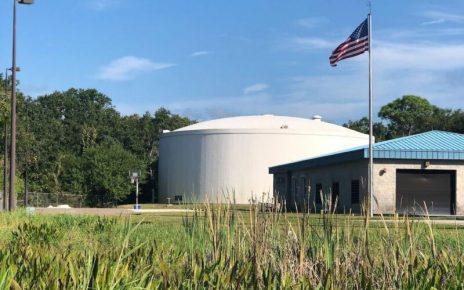
Enlarge / A future green jet fuel? (credit: Picture Alliance/Getty Images)
For many applications, liquid fuels remain the most practical energy supply—applications like aircraft and large ships being obvious examples. It’s possible to avoid using fossil fuels for these applications, since there are many ways of producing biofuels. But we can’t produce biofuels at a competitive price, leaving fossil fuels as the dominant option.
A group of US-based researchers has therefore looked into the prospect of converting food waste into jet fuel. Chemically, the results are excellent, producing material that can be blended with a bit of standard jet fuel to meet all regulatory standards. Economically, the situation is not nearly so great, only working at prices that were prevalent over five years ago. But the fact that the waste would otherwise put methane in the atmosphere as it decays more than offsets the carbon dioxide produced by the jet fuel in the blend. So a price on carbon could change the equation.
Food (and other stuff) to fuel
The work here is focused on what are called “wet wastes,” which include things like food waste, animal manure, and sewage. As you might expect, we produce a lot of this stuff, with the authors estimating that its total energy content is roughly equivalent to 10 billion gallons of jet fuel every year. Due to the amount of water present, it’s extremely energy-intensive to directly convert this waste to any sort of fuel, since the water has to be discarded. It is, however, possible to put the waste in an oxygen-free environment and have bacteria convert it to methane.





